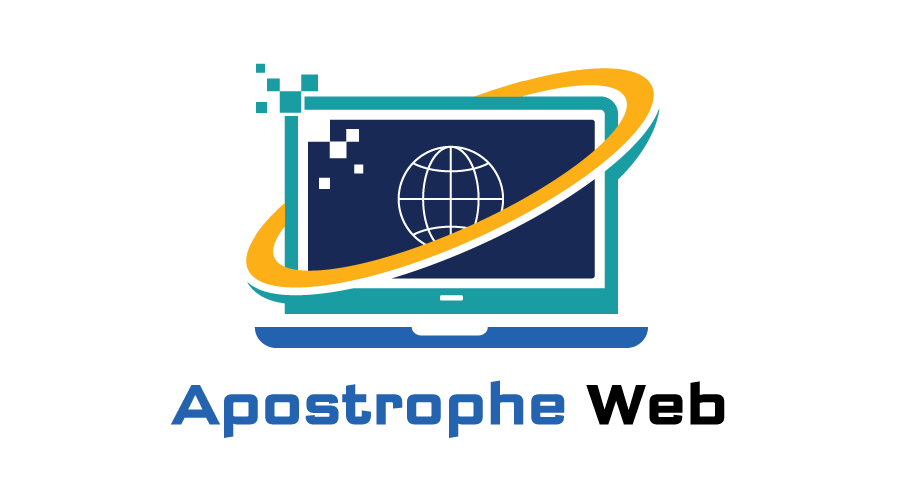Introduction:
Chess is a timeless game that has caught people’s attention for ages thanks to its complex strategic elements and mental challenges. It’s a game that cuts over geographical boundaries and cultural barriers, bringing people together to compete in a game of wits on a 64-square field. Chess has a new home in the digital world because to the growth of online gaming and the popularity of educational platforms, especially on websites like Chess Cool Math Games. We will examine the world of chess on Chess Cool Math Games in this post, emphasising its educational worth, advantages for cognitive growth, and the compelling experience it provides to players of all ages.
- Why Chess Is So Entertaining:
Chess has traditionally been considered an art form, a science, and a sport in addition to being a game. Its complex rules and countless opportunities make it the ideal fit for people who enjoy mental challenge and strategic thought. The capacity to foresee your opponent’s movements, predict their actions, and make important judgements under duress are abilities that go beyond the chessboard and have practical implications. Chess is a great activity for both kids and adults since it teaches discipline, patience, and the value of analysis.
- Chess’s Educational Value:
Enhancing Critical Thinking: Before making a move in chess, players must think critically and consider all of their options. It enhances one’s capacity for problem-solving, logical thinking, and foresight, encouraging a mindset of deliberate decision-making.
Developing Concentration: Chess requires extreme focus and concentration in a world full of distractions. Chess players on Chess Cool Math Games can enhance their concentration and attention span by training their brains to stay focused and filter out distractions.
Memory Improvement: The game of chess requires memory. To make wise choices, players must recall past actions, trends, and tactics. Chess players can improve their memory and recall skills, which can help with daily tasks and academic achievement.
Chess players learn the art of planning and strategizing, which helps their planning and strategy. Players develop their ability to think strategically, foresee possible outcomes, and adjust their strategies accordingly by visualising various movements and their effects. In a variety of professions, including business, problem-solving, and decision-making, these abilities are priceless.
- Chess on Interesting Math Games:
Accessible and interactive: Chess fans can play the game at their convenience on a user-friendly platform thanks to Chess Cool Math Games. The user-friendly design makes it possible for players of all ability levels to enjoy the game and advance their skills.
Educational Resources: To aid players in learning and improving their chess abilities, Chess Cool Math Games also provides tutorials, puzzles, and challenges. These sources offer insightful information on a variety of game-related topics, such as opening tactics, tactical choices, and endgame strategies.
Multiplayer Experience: Chess Cool Math Games enables players to compete against players from all around the world in online chess games. In addition to increasing enthusiasm, this interactive experience encourages social interaction and the chance to pick up new playing techniques.
Cool Math Games provides analytical tools so that players may replay their games, examine their moves, and pinpoint areas for growth. Players can improve their strategies and become better chess players by watching their gameplay and looking for patterns and errors.
Fourth, Advantages for Cognitive Development
Chess has many cognitive advantages for players, especially when played on websites like Chess Cool Math Games:
Improved Problem-Solving: By forcing players to overcome barriers and come up with innovative solutions, chess cultivates a problem-solving mindset. This mental workout improves analytical thinking and aids in the growth of problem-solving abilities that are useful in a variety of contexts.
Enhanced Logical Reasoning: In order to play chess, players must be logical thinkers who base their decisions on cause-and-effect correlations.
